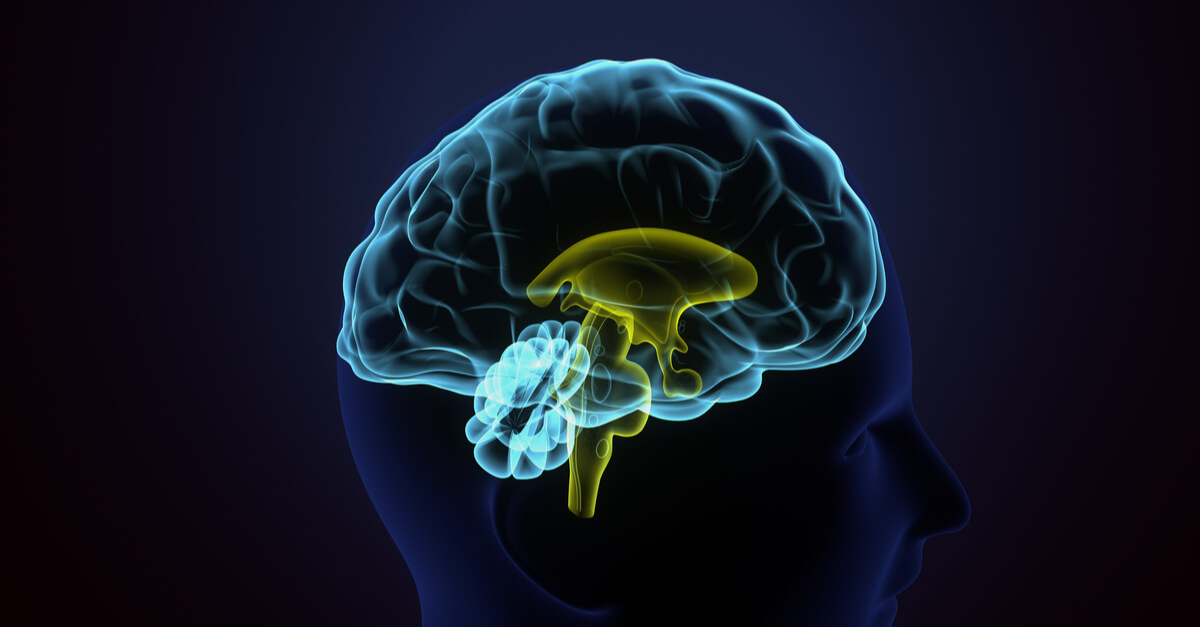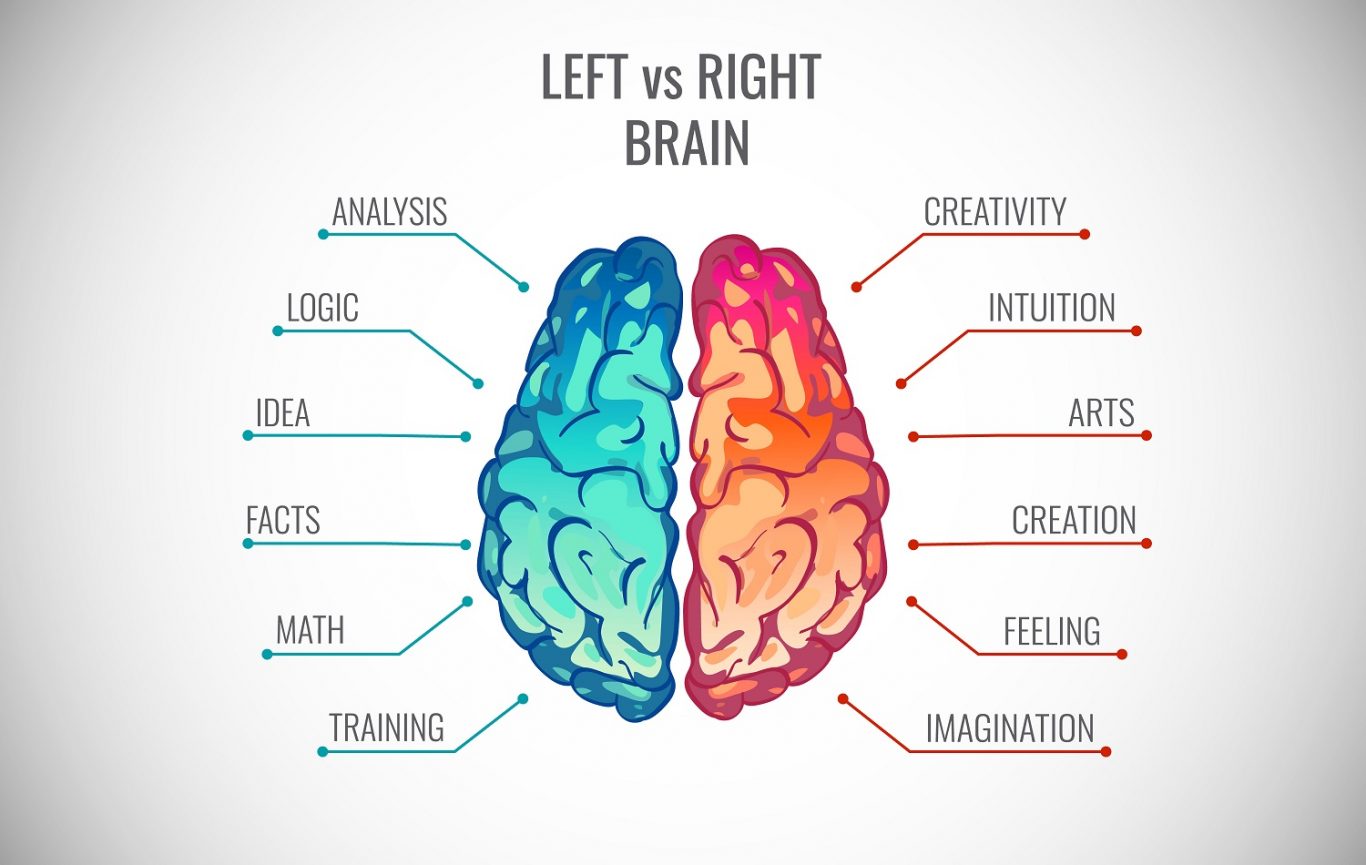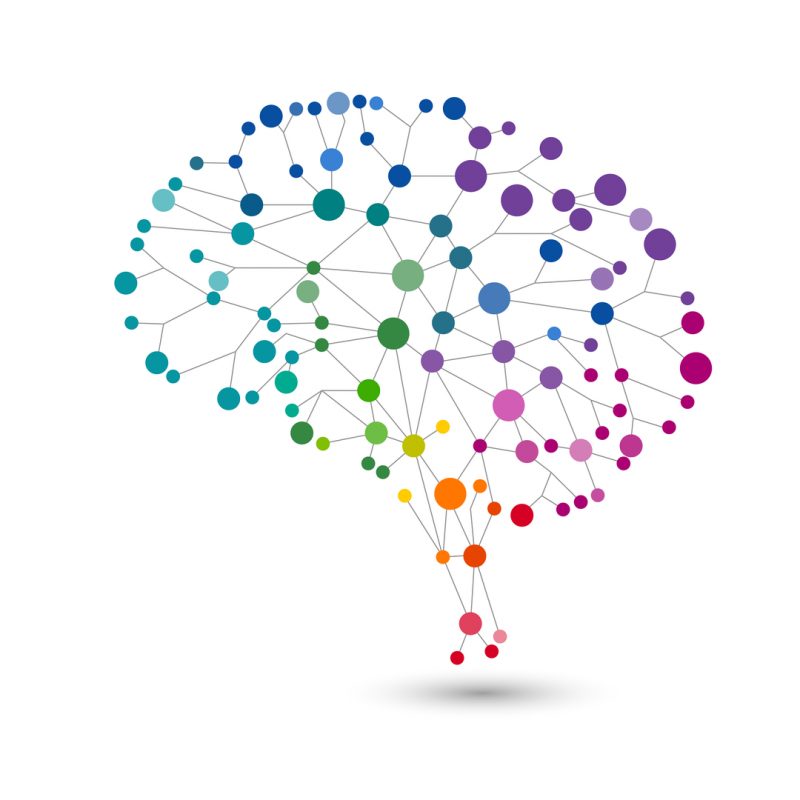Human beings have a wonderful capacity to devise imaginative, complex myths about a number of topics. The brain is no exception. But as with myths in every subject, repetition and belief maintain them, not actual evidence.
And yet, these myths persist. Some people simply want to believe, for example, that humans have the biggest brains on the planet or that we can recall crystal clear memories that exactly replicate the experience. As it turns out, neither is true.
Dr. Lisa Feldman Barrett recently wrote about such brain myths. She noted that neuroscience has a “stable full of myths,” but research has slowly eliminated them, one by one. The problem is, not everyone has gotten the message.

8 Persistent Brains Myths
The following is based on information supplied by Barrett and other neuroscientists. Most of these ideas have been kept alive by works of fiction or in the media. But what follows is the truth, based on science.
1. You Use Only 10 Percent of Your Brain
This usually goes hand-in-hand with the idea that our brains are capable of so much more, we just don’t use it. That’s a nice thought, perhaps, but it’s based on a myth. Brain imaging has shown that even when you sleep, sections across the entire brain are in use. This is why damage to even a small part of the brain can impact cognitive function even years later.
2. You Have a Lizard Brain
The myth goes like this: Life is a constant battle between your rational brain and an ancient, deeply embedded lizard brain that houses all your wild passions, desires and fears. Even the ancient Greeks cast human struggles as one between passion and reason. While great fodder for fiction and philosophy, science shows the brain of every mammal follows its own plan. It’s not built in concentric circles around an ancient brain we all still carry around. In short, there’s no lizard involved.
3. You Are Right-Brained or Left-Brained
You’re actually all brained, no matter whether you’re an artist or an accountant. The myth holds that right-brained people are creative, while left-brained people are logical. However, everything you do, whether it’s calculating a budget forecast or writing a sonnet, involves neurons distributed in regions throughout the brain.

4. Brains Only Have So Many Cells
Once a brain cell dies, that’s it, according to this myth. Even scientists used to believe this was the case, with people having a set number of brain cells that slowly reduced over time. However, research now shows that neurogenesis continues in adult human brains, with some scientists speculating that humans replace all the neurons they were born with in the hippocampus by the time they reach 50.
5. Sensations Come From the Body Alone
You might think you feel the warm water when you step into a shower, but your skin actually has no sensors in it to feel wetness. That feeling comes from your brain, which combines the sense of touch, temperature and past experience to create the sensation of wetness. The brain also works in tandem with your eyes to construct images and does the same with your ears to construct sounds.
6. Humans Have the Biggest Brains
Clearly, we must have the biggest brains on the planet, right? Wrong. Human brains weigh about three pounds. An elephant’s brain weighs 11 pounds, while a sperm whale’s is 18 pounds. A bottlenose dolphin also has a slightly bigger brain (and a very complex neocortex), and a shrew has a larger brain-to-body mass ratio than humans.
7. The Brain Is Reactive
You hear something funny, you laugh. You see something sad, you cry. Certainly, it seems the brain reacts to the world around it. That’s true to an extent, but researchers now know the brain is constantly – like right now, even as you read this – trying to take the data available and make predictions about what will happen next, such as the word upon which this sentence will end. However, this process happens so fast, you remain unaware it is happening. The brain does this to help guide you through the world, assessing possibilities that can help you quickly have the proper reactions (or avoid something unpleasant).
8. You Recall Memories Perfectly
People might think they have a crystal clear memory, but they don’t. The brain reconstructs, not recalls, memories. It starts with a fascinating process called memory reconsolidation. Stored short term in the hippocampus, memories eventually get moved into other parts of the brain. But when you want to access them, the brain does not recall them, but rather reassembles them. Each time this happens, they may have subtle changes, including influences from your current environment. Research has shown it is not difficult to change people’s memories by suggesting false information when they recall the memory.
